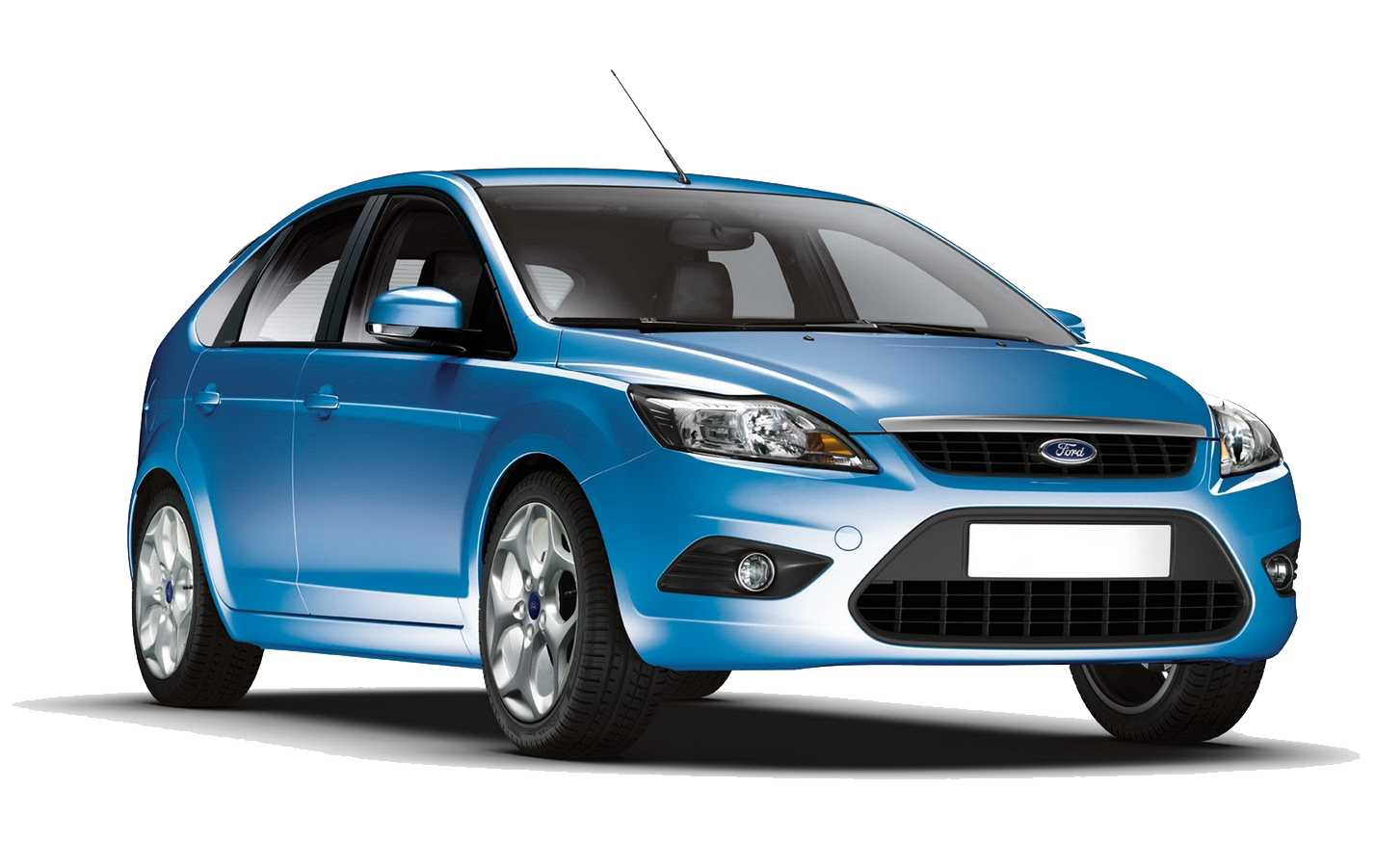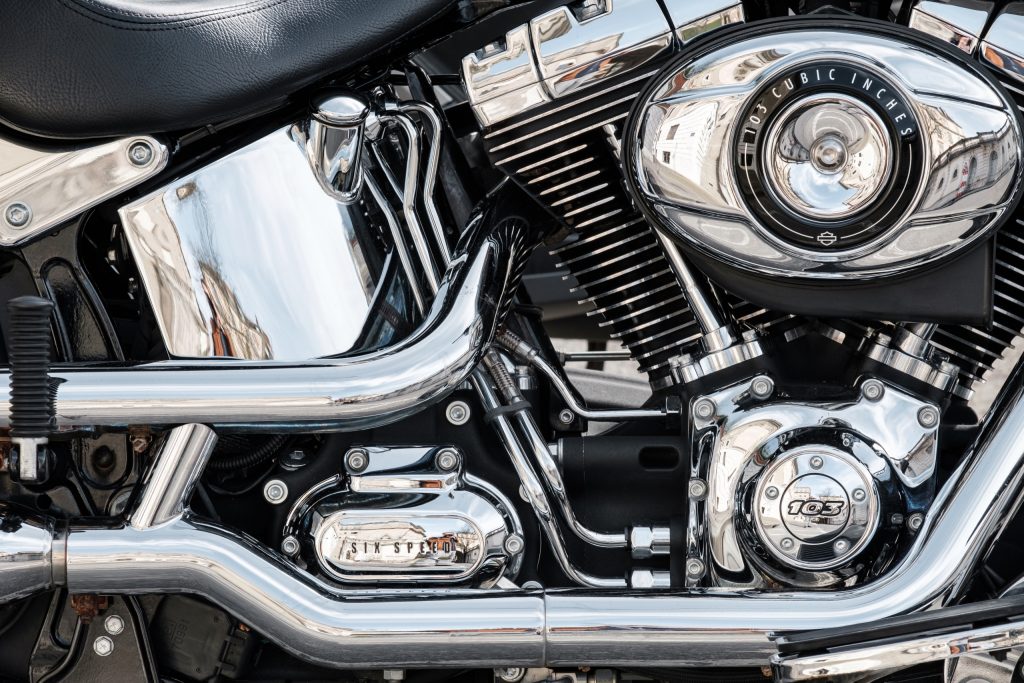An extended warranty, or vehicle service contract, covers unforeseen repairs after the manufacturer’s original warranty expires. It can be purchased up front or rolled into your car’s financing.
The cost and coverage varies by provider. Read the contract carefully to see exactly what is covered, including deductibles and where repairs can be made.
What is an Extended Warranty?
An extended warranty (also called a vehicle service contract or maintenance agreement) is an extra coverage option that helps offset the cost of repairs after the manufacturer’s original warranty expires. Some warranties also include roadside assistance and rental car reimbursement.
Dealerships often sell warranties at the time of a new car purchase or when you trade in your current vehicle for a new one. You can also find warranties through auto clubs or independent providers.
An extended warranty can help pay for things like repairs to your engine or transmission. It may also cover some electronics or entertainment systems. Some warranties have specific requirements, such as using only specified mechanics or a certain octane rating for gasoline, so you should carefully read the fine print. The best warranty plans offer flexible payment options, including a credit card or ACH debit payments. Many also allow you to cancel the plan within a limited time in case you change your mind or suffer from buyers’ remorse.
How Does an Extended Warranty Work?
Most new car purchases come with a manufacturer warranty, but you can also purchase an extended car warranty. These warranties cover repairs that might otherwise be out of your pocket if they occur after the original car warranty expires.
There are two main types of extended warranties: bumper-to-bumper and powertrain. Bumper-to-bumper warranties are comprehensive and usually last for three years or 36,000 miles. Powertrain warranties, on the other hand, cover the engine, transmission and drivetrain.
Many extended car warranties have specific terms and conditions that you should review. For example, if you don’t use the recommended gasoline for your vehicle or if you skip routine maintenance, your car might not be covered.
Some companies offer extended warranties, including Carchex and Concord Auto Project (CAP). Some dealers will even roll the cost of a warranty into your loan or lease. However, it’s best to shop around before making a decision.
Does an Extended Warranty Make Sense for My Car?
Car warranties can be valuable if you are concerned about your vehicle’s reliability, or if you are unable to afford expensive repairs. However, it is important to research the warranty company’s reputation and the cost of the coverage before purchasing a warranty. You also need to consider if the warranty includes roadside assistance or rental car coverage. Additionally, if you purchase a warranty from a dealership, it is essential to follow the outlined maintenance schedule. If you do not, you could void the warranty.
Extended warranties are offered by most vehicle manufacturers when the original factory warranty expires, but you can also buy them from third parties. The best time to purchase a warranty is before the manufacturer’s or dealer’s warranty runs out, but you can also buy them at any time. In some cases, it may be more financially prudent to set aside a rainy day fund instead of paying for a warranty. The average car warranty lasts for five years or 60,000 miles, but some are available for even longer periods.
How Can I Avoid Spending Extra Money on an Extended Warranty?
If you’re planning on driving your car for a long time, an extended warranty can make sense. However, you should look at the expected annual cost of repairs and compare that to how long you plan on keeping your car.
Regardless of whether you buy a warranty or not, do your homework and read reviews. Find out how much the coverage costs, what the deductible is and if there are any additional perks like roadside assistance, rental car reimbursement or trip interruption insurance.
Another thing to consider is if you can cancel your warranty within a specific amount of time, and how easy that process is. Most providers have a 30-day money-back guarantee and prorated refunds for customers that aren’t happy with their coverage. It’s also a good idea to set aside a rainy-day fund to cover unexpected automotive expenses. Most people that purchase extended warranties never use them, so it’s worth considering your options carefully.extended warranty for my car



